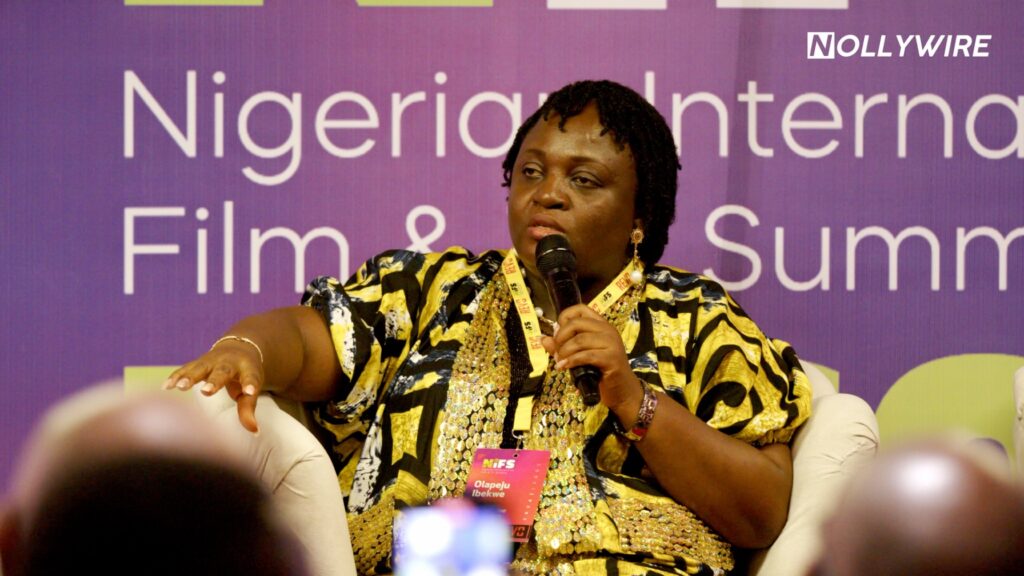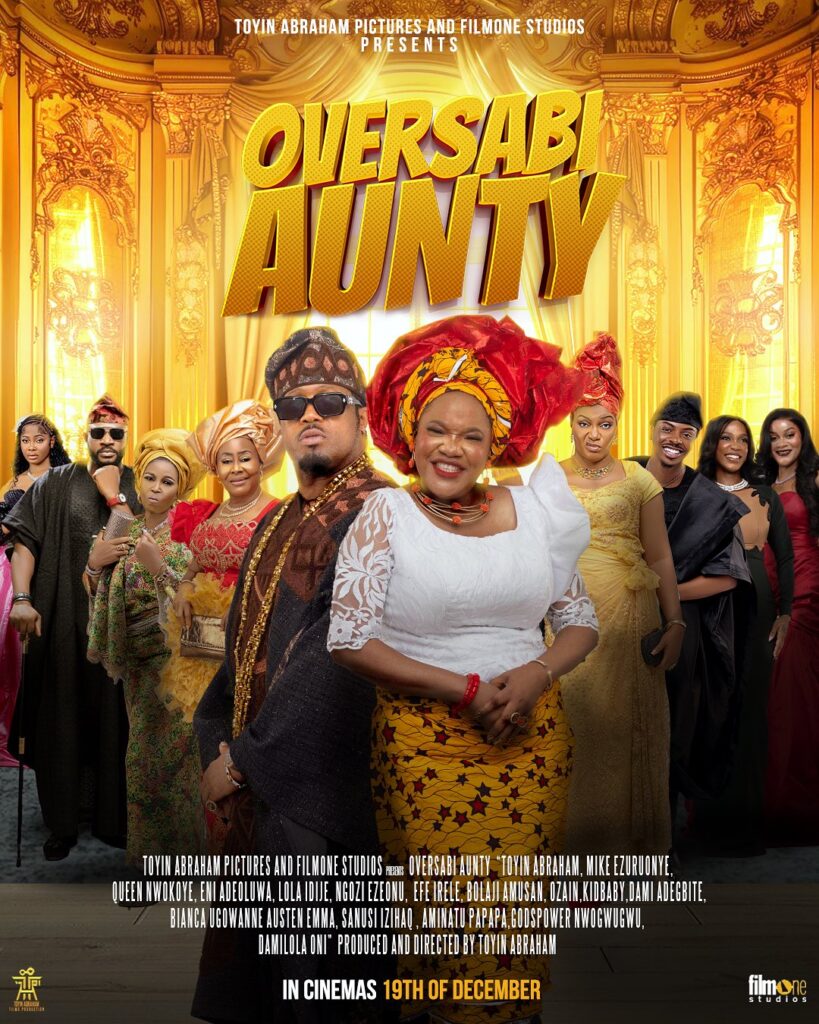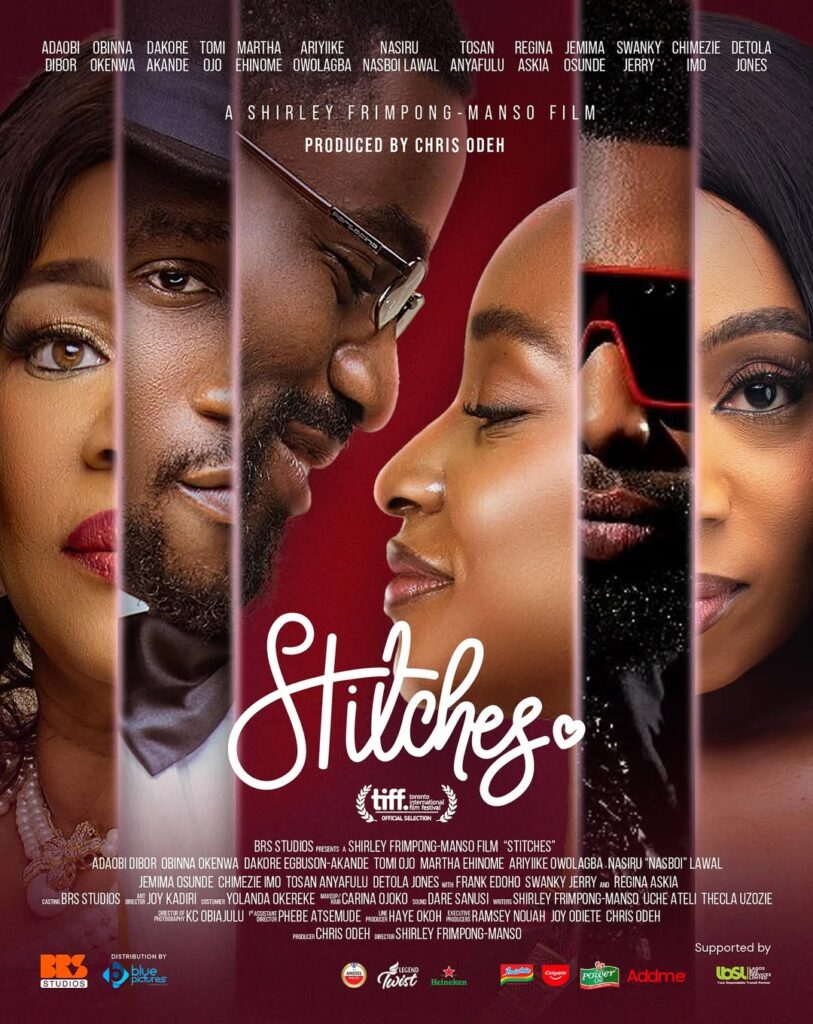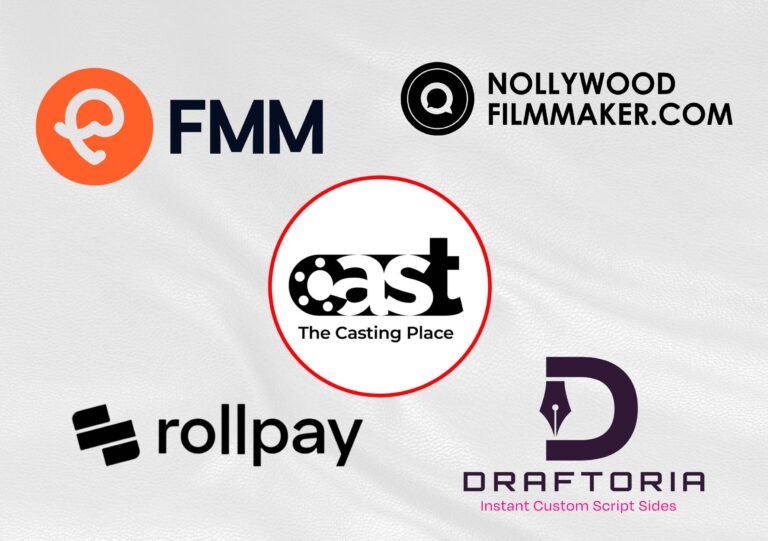The Nigerian film industry has long been a hotbed of creativity, brimming with storytellers eager to bring their visions to life. However, one of the sector’s most persistent challenges is securing sustainable financing—a hurdle that can make or break a project, regardless of how brilliant the idea may be. This is where initiatives like Film Lab Africa play a crucial role, offering not just funding but also paving the way for a more sustainable future.
At the recent Nigerian International Film and TV Summit, Peju Ibekwe, CEO of Sterling One Foundation, addressed this critical issue. She highlighted a significant gap in the industry: many filmmakers focus solely on the immediate need for production funds while neglecting other crucial aspects like marketing and distribution.
“I’ve seen many filmmakers fixated on securing money for production, neglecting marketing. They often assume someone else will handle it, which is unrealistic,” Ibekwe explained. This oversight frequently results in filmmakers struggling to recover their investments and limits the long-term success of their projects.
To tackle this challenge, Ibekwe advocates for equity financing as a viable solution. Unlike traditional debt financing, which burdens filmmakers with the obligation to repay loans regardless of the film’s success, equity financing involves investors taking partial ownership of the project.
This partnership ensures that both parties are equally invested in the film’s success, from production through marketing and beyond. As Ibekwe noted, “When Brenda first introduced me to the Film Lab Africa project, I was thrilled. We needed a way to make funding in this sector sustainable.”
A notable example of this approach is the partnership with Sterling Bank. In recent years, Sterling Bank has distinguished itself as one of the few financial institutions in Nigeria willing to take calculated risks in the creative sector. Moving beyond traditional lending, the bank recognises that the film industry requires a unique financing approach.
Peju Ibekwe emphasised that Sterling Bank’s involvement goes beyond providing loans; the bank takes equity stakes in films. “We’re going to market it together. I’m not just giving you money and then chasing you for repayment,” she said. This partnership shifts the dynamic, positioning Sterling Bank as a collaborator rather than just a creditor.
The benefits of this equity model are significant. It aligns the interests of both the filmmaker and the financier. By holding an equity stake, Sterling Bank has a vested interest in the film’s success—both financially and critically.
This involvement might include additional resources, marketing strategies, or leveraging networks to secure distribution deals. Essentially, the bank’s success is tied to the film’s success, creating a mutually beneficial relationship rarely seen in traditional finance.
Furthermore, this model helps mitigate the risks filmmakers face. Sharing the financial burden means filmmakers are not left scrambling to repay loans if their film underperforms. Instead, they have a partner equally committed to finding solutions, reducing pressure and allowing filmmakers to focus more on their creative process.
Sterling Bank’s approach also sets a precedent for other financial institutions. If successful, this model could encourage more banks and investors to explore equity financing in the creative sector. It represents a bold step that could transform film financing in Nigeria, fostering a more supportive environment for filmmakers.
The move towards equity financing signifies a transformative moment in Nigeria’s film industry, offering a sustainable alternative to traditional methods. With institutions like Sterling Bank leading the way, there is growing recognition that Nollywood’s future depends on innovative partnerships where risks and rewards are shared.
Though still in its early stages, this model holds immense potential. Imagine a landscape where filmmakers are not only able to cover production costs but also invest in marketing, distribution, and global outreach. This shift could fundamentally change how Nigerian films are made, marketed, and perceived worldwide.
As more financial institutions and investors recognise the value of this collaborative approach, Nollywood could enter a new era—one where financial constraints no longer hinder creativity and the industry can truly thrive.




































